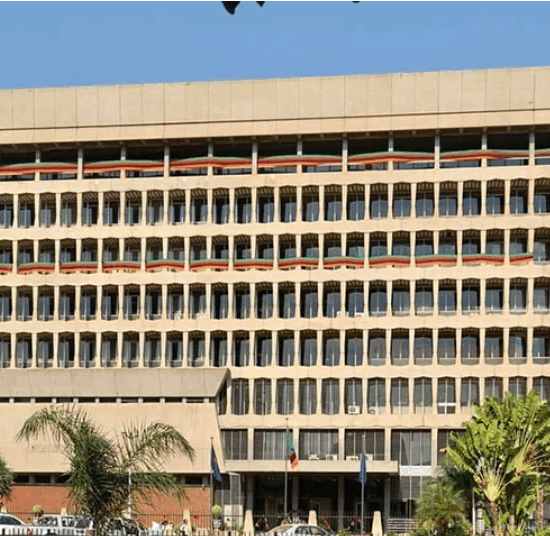
The Bank of Zambia’s Monetary Policy Committee – MPC has cut the benchmark monetary policy rate by 225 basis points (by 2.25%) to 9.25% to mitigate the adverse impact of COVID – 19 on financial sector stability, economic activity and ultimately on peoples’ livelihood.
Bank of Zambia – BoZ Governor Dr. Denny Kalyalya announced during a media briefing in Lusaka on May 20, 2020, that the cut in the benchmark interest rate complements the other broader set of measure that the bank has already announced to mitigate the impact of COVID- 19.
However, analysts say the efficacy of the benchmark interest rate has waned following the lifting of interest rate caps which banks and financial institutions place to price loans and arrive at the final interest rate to their customers. As it stands, banks and financial institutions are free to set their margins as no cap on the margins has been set.
The central bank Governor added that although the overall average annual inflation rate increased to 13.5% and that the projected path for inflation is higher than the February 2020 monetary policy committee – MPC forecast band, inflation is expected to still remain within range but trend towards the upper bound of the 6-8% medium-term target range at the end of the forecast horizon.
Dr. Kalyalya said the committee noted that the economy is projected to record a recession in 2020 on account of the COVID-19 shock hence, to effectively deal with COVID – 19 and its effects, the committee is calling for concerted efforts and strengthened collaboration among all stakeholders.
“Moreover, implementation of fiscal and structural reforms that deliver inclusive and sustainable growth remains an urgent imperative,” He added.
Meanwhile, inflation pressures have persisted in the first quarter of 2020, driven by the earlier increase in retail fuel pump prices and electricity tariffs, as well as the pass-through effects from the notable depreciation of the Kwacha against the US dollar.
In April 2020, the Zambia Statistics Agency reporter inflation to have risen to 15.7% largely due to lagged pass-through effects from the depreciation of the Kwacha that led to the increase in prices of especially imported goods and foodstuff.
The Governor has reiterated that although the projection path for inflation rate is higher that the February 2020 MPC projections, overall inflation for 2020 will trend towards the upper bound of the 6-8% medium term target.
He said the deterioration in the global economy is also likely to dampen copper prices and export earnings adding that the aforementioned factors are expected to exert pressure on inflation through one or more channels like the interest rate, expectations and the exchange rate.
In the wake of the COVID- 19 shock, the global economy is projected to plummet to -3.0% in 2020 against the outturn of 2.9% in 2019. It is also projected that as the pandemic abates and economic activity normalizes, global growth will recover to 5.8% in 2021 depending on the effectiveness of the policy measures taken by the authorities.







